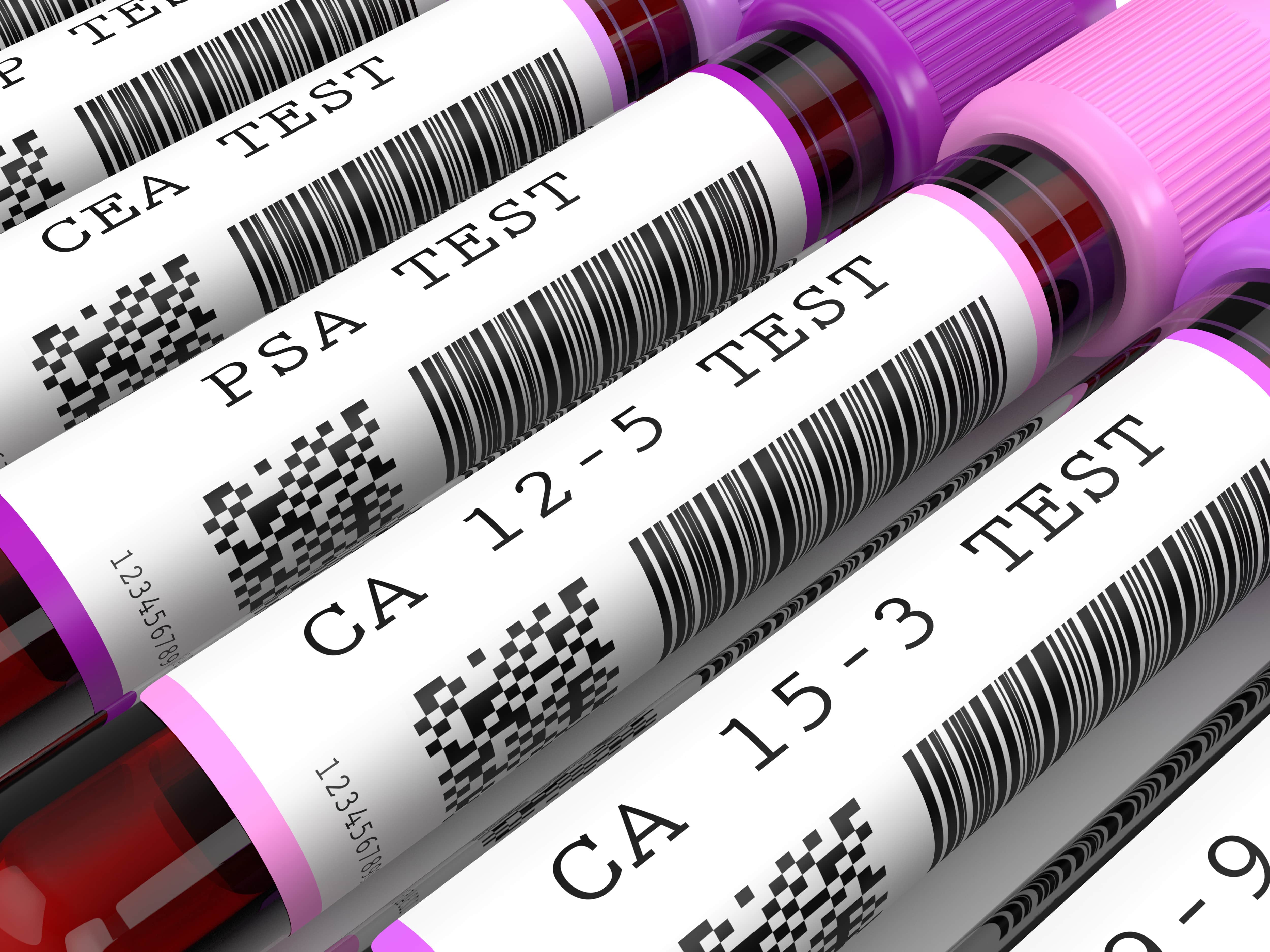What to Consider if Your Drug is a Targeted Therapy for a New Biomarker
- April 04, 2019
- Posted in Lab Testing Insights

A Follow Up to “Biomarker Testing in Non-Small Cell Lung Cancer“
By Melissa Leonhauser, General Manager, Alert & Targeting Portfolio
More and more targeted cancer therapies are being developed. But, after approval, the brand team faces an uphill battle in getting physicians to test for any new biomarkers the drugs are intended to treat. As my colleague Bill explained in his blog on NSCLC testing, physicians are much less likely to test for biomarkers that are new or don’t have one or two approved targeted therapies.
Bill analyzed testing of non-small cell lung cancer patients and found that PD-L1 is the most widely tested for mutation with EGFR mutation and ALK gene rearrangement testing following. Each of these biomarkers has had targeted therapies approved and on the market for years. Newer biomarkers such as ROS1, are tested for at a lower rate. In 2018, 85% of NSCLC patients were tested for PD-L1 expression but only 49% were tested for ROS1 gene rearrangement.
With this knowledge, brand teams for drugs targeted at new or newer biomarkers should prepare a strategy to positively influence physicians to increase testing for that biomarker. Afterall, physicians aren’t likely to treat with the drug if it isn’t discovered that the patient has the gene mutation or expression the drug targets. More tests = more eligible patients found.
The brand team should set a reasonable expectation for how much testing is likely to occur in the first year or first 6 months after launch by looking at the uptake of testing for other biomarkers, similar to how they may have used a drug analog to forecast launch performance. For instance, if the drug launching treats non-small cell lung cancer, they could look at trends in ROS1 testing and the launch of Xalkori.
In addition, brand teams can look at which physicians were early adopters of other new biomarker tests. It’s likely that these physicians would be the first to test for their targeted biomarker as well. A physician who typically treats patients with the malignancy AND is an early adopter of new testing, should surely be educated on their treatment early on and often.